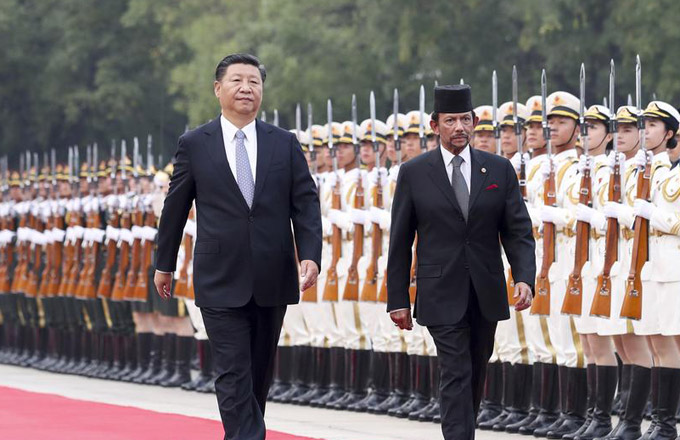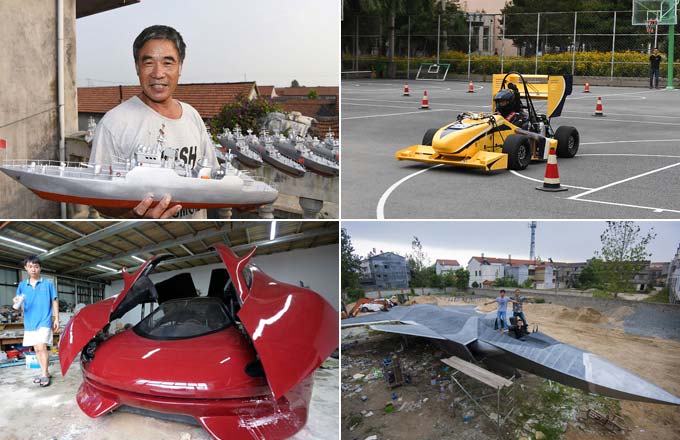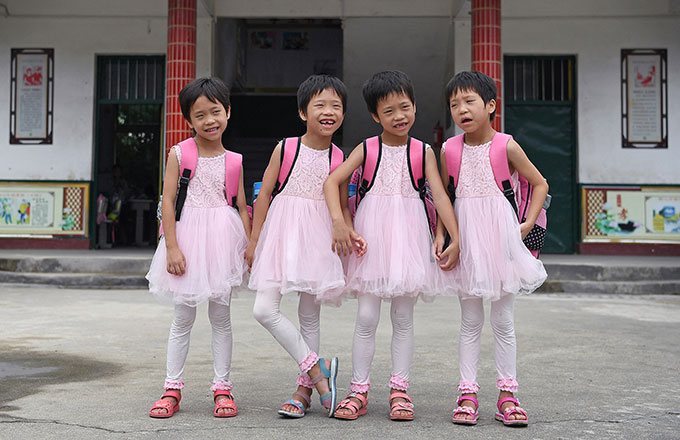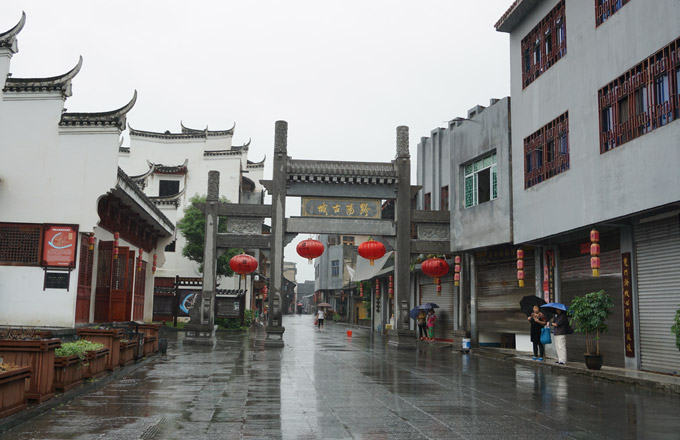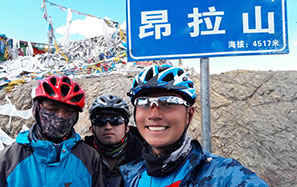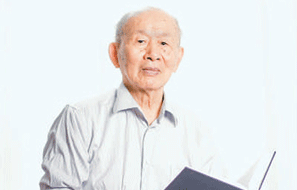Prosecutors take aim at corrupt fugitives finding refuge overseas
Prosecutors in China will strengthen intelligence sharing and joint investigation cooperation with the International Association of Prosecutors to hunt down corrupt Chinese fugitives who remain at large abroad, a senior official from the Supreme People's Procuratorate said on Wednesday.
"We are working closely with our counterparts from anti-corruption departments of IAP members to expand law enforcement cooperation and improve the capabilities and effectiveness of agencies to catch the fugitives and confiscate their illicit assets," Procurator-General Cao Jianming told China Daily in an exclusive interview.
Figures provided by the Supreme People's Procuratorate show that since October 2014, when prosecuting departments in China launched the special action to capture such fugitives and recover their illegal funds, 174 corrupt officials have returned to face trial, with 1.9 billion yuan ($291 million) in illegal funds confiscated with the judicial assistance of foreign agencies.
Cao said they will start procedures to recover ill-gotten funds from suspects who have escaped overseas. "We will take measures to collect solid evidence and initiate in a timely manner the recovery procedure to cut off the fugitives' economic support."
In recent years, a large number of corrupt Chinese officials and directors from State-owned companies have escaped to some Western countries, such as the United States and Canada, to avoid punishment through a lack of bilateral extradition treaties or differences in the legal systems, according to the Ministry of Public Security.
Moreover, they have transferred hundreds of millions of yuan in illegal assets to foreign accounts through money laundering and underground banks, it said. According to China's top anti-graft watchdog, the Central Commission for Discipline Inspection, more than 900 corrupt fugitives are still abroad, many of them hiding in Western countries.
Cao said officials have taken effective steps with Western law enforcement authorities, and there have been some achievements in the pursuit of fugitives and the return of their illegal gains.
He said Chinese prosecutors made full use of conventions and treaties to ask foreign prosecutors to inquire and freeze the fugitives' illicit assets sent abroad, as well as to repatriate the suspects.
Moreover, they have worked closely with international anti-money-laundering organizations to monitor and trace the suspicious overseas remittances and provide intelligence and evidence to judicial authorities for further investigation.
"Although progress has been made, more law enforcement cooperation is still needed to solve the problem," Cao said.
He said they will expand law enforcement cooperation channels with foreign governments to fight cross-border corruption crimes while enhancing communication and conducting joint investigations on some major and individual cases.
"Apart from enhancing judicial cooperation, the most important issue is to take measures to prevent the corrupt officials from fleeing, such as tightening the management of officials' passports or border control, which serves as a deterrent," said Huang Feng, a law professor at Beijing Normal University.
To date, the Supreme People's Procuratorate said it has signed more than 130 cooperation agreements or memorandums of understanding with authorities from 98 countries. Between 2012 to 2017, it has handled 600 international criminal judicial assistance cases, it said.




